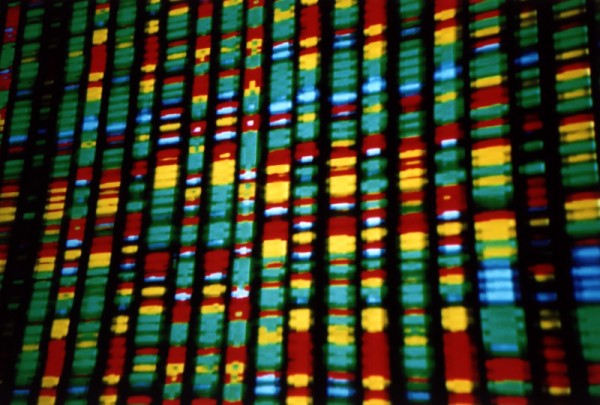A study by a research team including Adrian Egli from the University of Basel in Switzerland found that a variant in a gene called IL-28B may influence the effectiveness of the flu vaccine.
Usually, the flu results in mild symptoms such as nausea, cough, fever, and stuffy nose. However, in some, the condition can lead to serious cases of pneumonia, bronchitis, and sinus infections. Among elderly people, pregnant women, and those with compromised immune systems, it may even result in death. Vaccines administer a group of near-dead viruses into the body, and, therefore expose the immune system to the disease. This exposure leads to an added experience for the immune system; when an individual actually catches the virus, he or she is equipped to fight it. Thus, getting the flu vaccine is highly recommended in order to prevent serious infections. However, this new study reveals that the vaccine may be completely ineffective in much of the population.
Image Source: Jose Luis Pelaez Inc
The researchers based their study off of previously known information; people with different alleles, or versions, of IL-28B may have different immune responses to the flu vaccine. They analyzed blood samples of 196 people who participated in a clinical trial. These particular subjects had undergone organ transplant surgeries and, therefore, had lowered immune systems. The vaccine was expected to be less effective for them.
The study found two relevant factors of vaccine effectiveness:
- A specific version of the IL-28B gene called the minor G allele results in higher levels of seroconversion, detectable antibodies against the flu.
- The inhibition of the IL-28B receptor results in a stronger immune system response. When the signal between this gene and the immune system is interrupted, the immune system performs better.
They not only found the correlation between the minor G allele and the flu vaccine but also discovered how to help boost the immune systems of those who do not have the minor G allele by inhibiting the gene receptor, information which can be used to further advance medical treatments.
Featured Image Source: DNA representation by Andy Leppard










